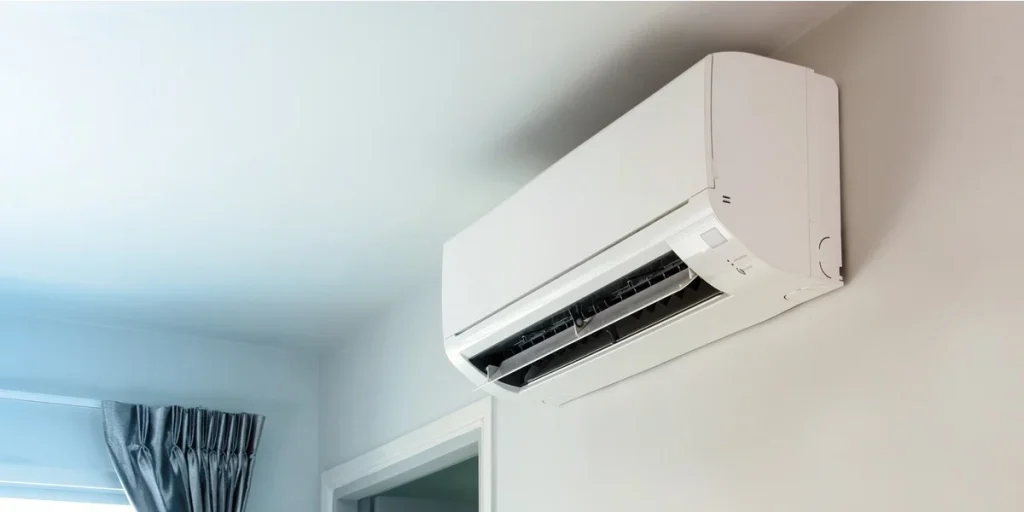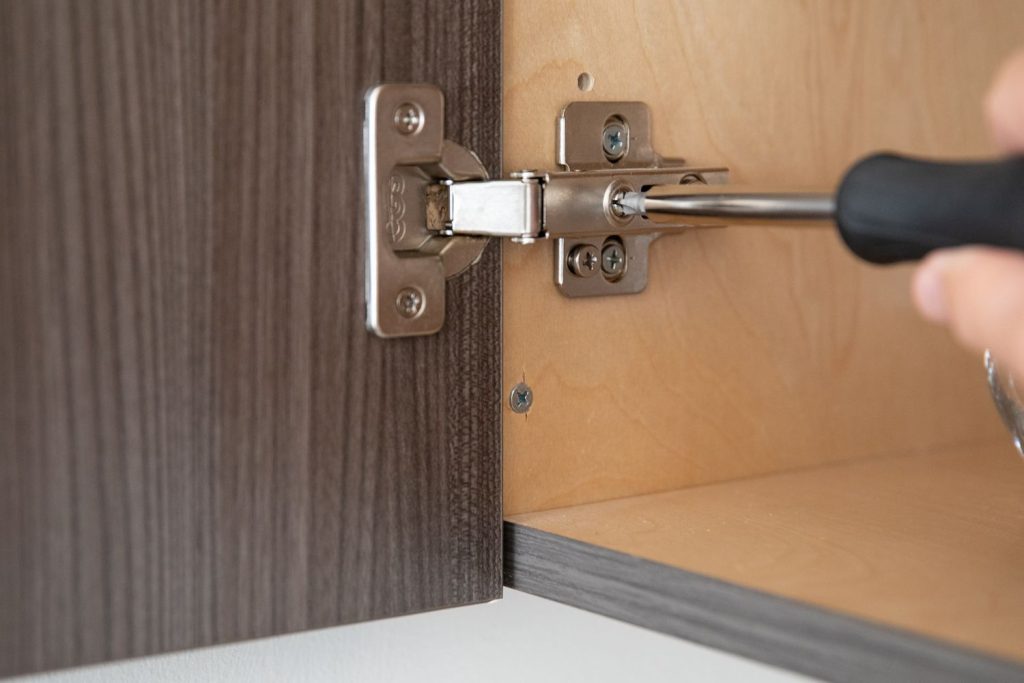In a world where communication networks and digital systems continue to expand, the importance of reliable electromagnetic protection cannot be overstated. Next-generation RF Radio Frequency shielding material technology is transforming how industries secure their devices, data, and environments from unwanted interference. With innovative materials and advanced engineering, organizations are discovering new ways to enhance performance, reliability, and safety.
Advancing Protection With Smart Material Innovation
Modern rf shielding solutions go beyond traditional metals and enclosures. They now integrate lightweight composites, conductive fabrics, and nanomaterial-based coatings designed to achieve maximum shielding effectiveness while maintaining flexibility and durability.
Key benefits include:
- Improved conductivity and attenuation for enhanced electromagnetic isolation.
- Reduced weight and thickness, making them ideal for compact and mobile devices.
- High thermal and chemical resistance, ensuring performance under demanding conditions.
- Eco-friendly composition, aligning with global sustainability goals.
These advancements ensure that sensitive electronic components remain unaffected by external electromagnetic fields, leading to greater reliability across critical applications.

Boosting System Performance and Signal Integrity
Uncontrolled RF interference can cause significant disruptions in performance, data transfer, and safety systems. Next-generation shielding materials are specifically engineered to minimize such risks, maintaining clear and consistent signal transmission.
Performance highlights:
- Enhanced signal clarity through precise electromagnetic field control.
- Reduced energy loss, supporting longer device life and efficient power use.
- Optimized data integrity, ensuring faster and more stable communication.
By integrating these materials into devices and infrastructure, manufacturers can deliver systems that perform with precision even in complex electromagnetic environments.
Supporting Innovation Across Multiple Industries
RF shielding materials are no longer limited to one field they play a crucial role across sectors such as telecommunications, aerospace, automotive, healthcare, and industrial automation. Their adaptability allows engineers to tailor solutions based on unique design and operational requirements.
Applications include:
- Protecting sensitive sensors and processors in electronic systems.
- Enabling safe communication within medical and laboratory equipment.
- Strengthening automated control systems for reliability and safety.
Through continuous rf shielding materials development, industries can remain confident in their ability to protect technologies that drive progress.
Driving a Sustainable and Connected Future
The next era of RF shielding is not only about protection but also about promoting sustainability, innovation, and efficiency. Manufacturers are adopting environmentally responsible production methods and recyclable materials without compromising shielding performance.
Positive outcomes include:
- Lower environmental impact through reduced resource usage.
- Extended product longevity, minimizing waste.
- Energy-efficient designs, supporting a greener technological ecosystem.
Conclusion: Building Confidence Through Advanced RF Technology
Next-generation RF shielding material technology empowers industries to embrace innovation with confidence. By combining cutting-edge materials, precision engineering, and sustainable practices, these solutions create stronger connections, safer environments, and more reliable systems for the future. The integration of these advanced shielding materials marks a vital step toward achieving uninterrupted communication and technological excellence in an increasingly connected world.





